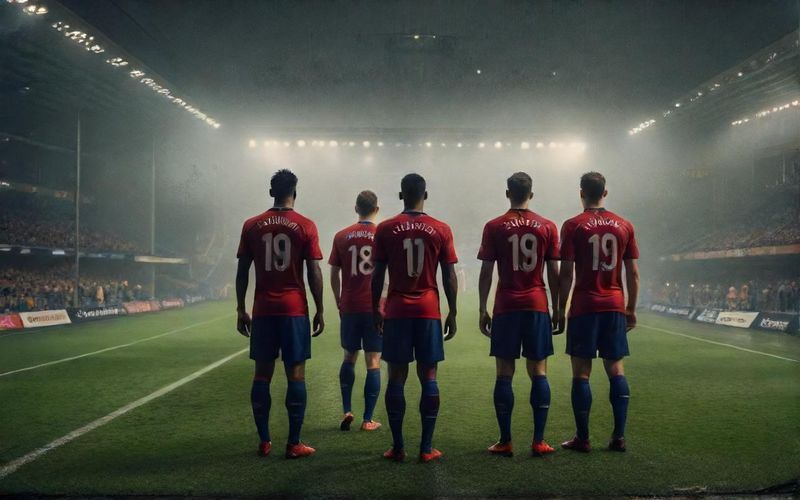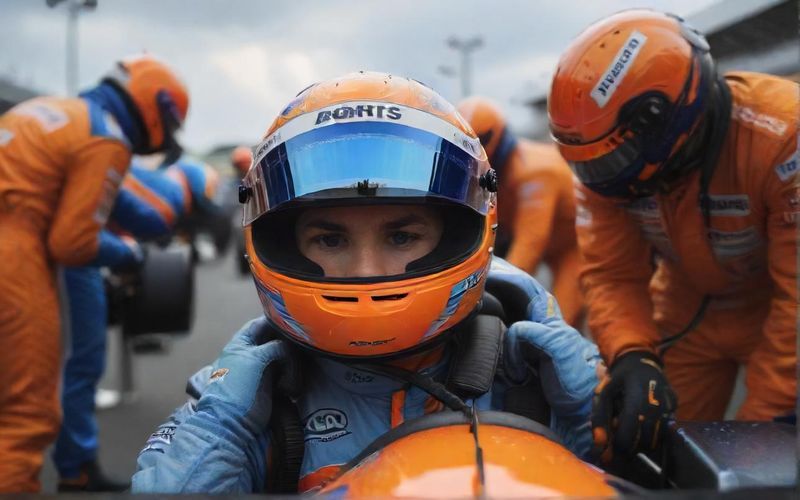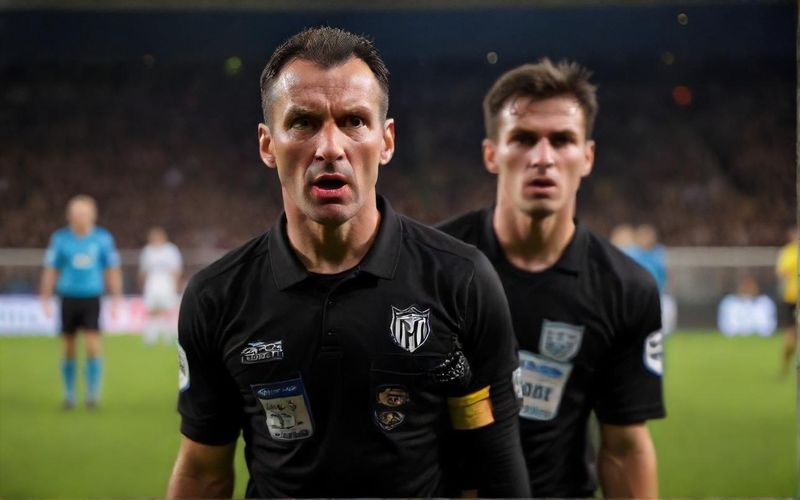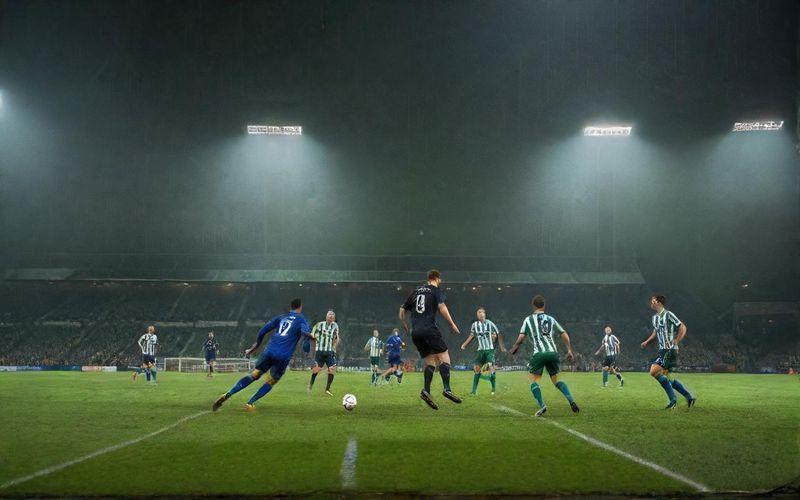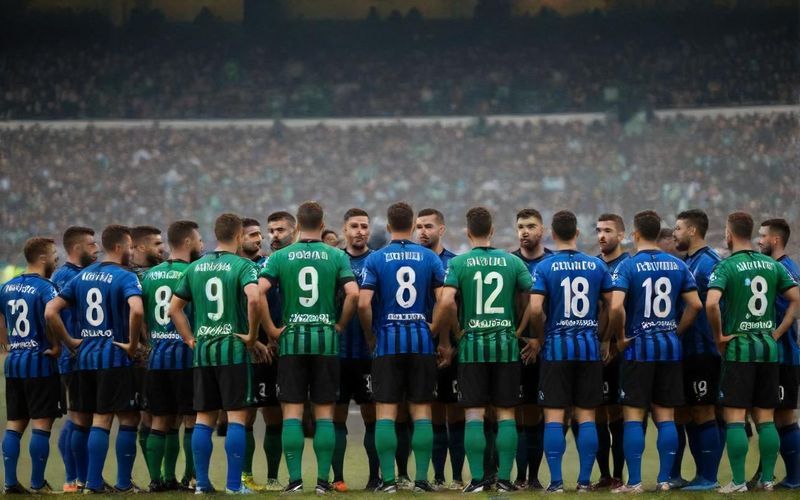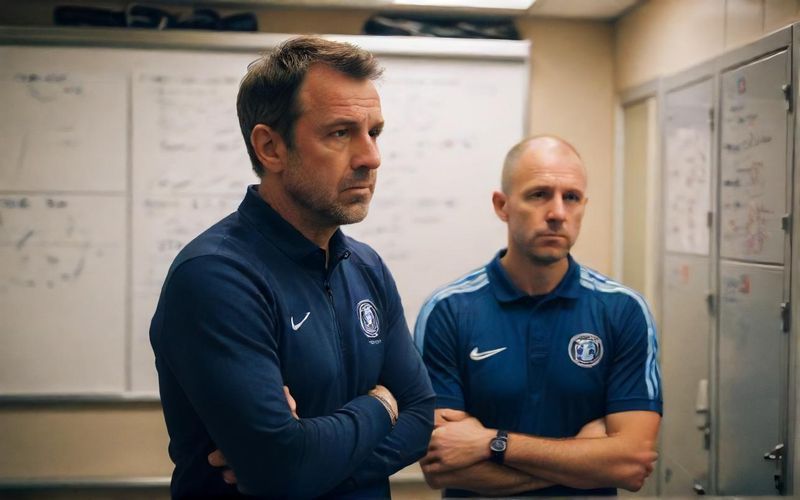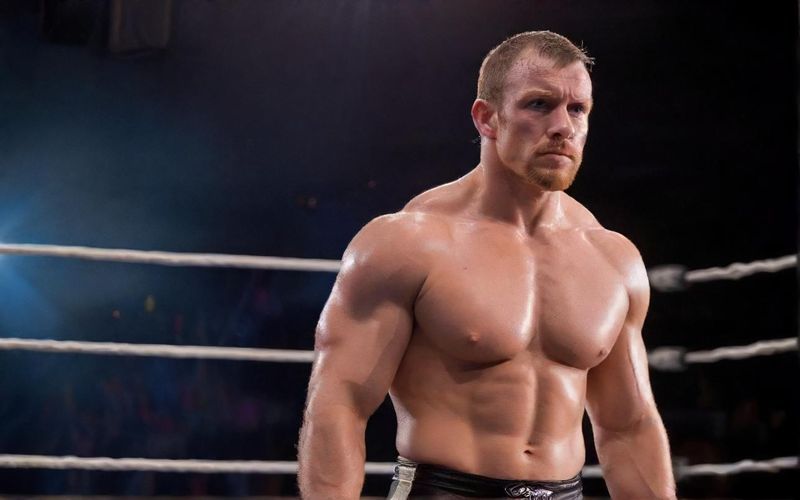Shields' $8M deal sparks women's boxing revolution
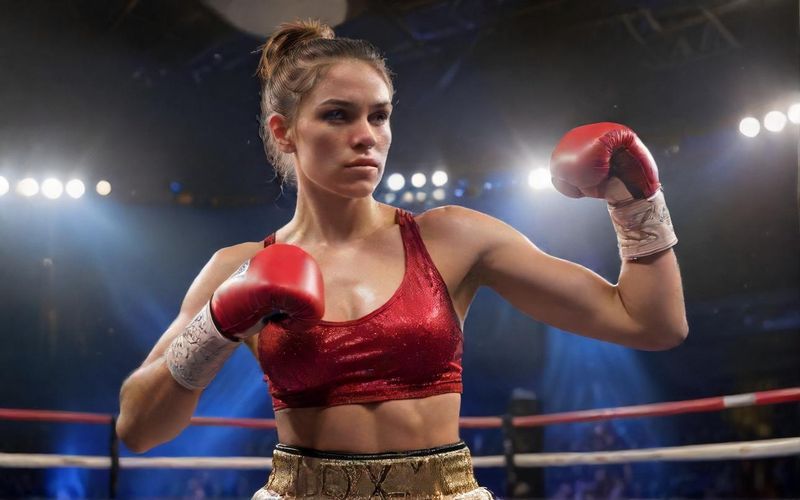
For years, Shields has been a relentless force, a two-time Olympic gold medalist who turned professional with the weight of expectation and the sting of underappreciation. She recalls a time when male Olympians often landed million-dollar contracts upon turning pro, a stark contrast to her own experience. This new deal, with a guaranteed $3 million signing bonus alone, feels like a course correction, a long overdue acknowledgment of her unparalleled talent and marketability. It's a tangible representation of her ambition, a deliberate step toward earning what she believes she deserves, much like the titans of the sport who have commanded paydays in the tens of millions.
What truly sets this agreement apart is its multifaceted approach. Beyond the significant purse, it grants Shields the crucial flexibility to explore crossover opportunities and engage with other promoters. This is particularly vital in women's boxing, where the pool of high-profile, competitive opponents, while growing, still presents challenges. The ghost of potential superfights, like the much-discussed but ultimately elusive bout with Laila Ali, highlights the need for promoters to be creative and for athletes to have the agency to pursue any avenue that maximizes their reach and financial potential. Shields’ stated desire to earn $50 million for a single fight before retiring at 38, mirroring Floyd Mayweather Jr.’s financial ascent, isn't just bravado; it's a benchmark, a goalpost for what female athletes should aspire to and ultimately achieve.
This deal also speaks volumes about the evolving ecosystem of sports promotion. The partnership with Wynn Records, a player more accustomed to the music industry, suggests a broader vision for live events and fan engagement, moving beyond traditional boxing structures. It’s an understanding that modern athletes, especially those with a significant following like Shields, are brands in themselves, capable of generating revenue through various channels. The fact that she considered and negotiated with prominent entities like Matchroom Sport and Jake Paul's Most Valuable Promotions before settling back with Salita, citing trust and better financial terms, underscores her strategic approach to her career.
Shields’ career trajectory has been nothing short of extraordinary, from her Olympic triumphs to becoming an undisputed champion across multiple weight classes. Yet, despite her dominance, the struggle for recognition and equal compensation has been a constant undercurrent. She has navigated a landscape where her achievements, while celebrated, haven't always translated into commensurate financial rewards. This contract, however, feels like a turning point. It’s a validation that her self-proclaimed title of “GWOAT” – Greatest Woman of All Time – is not just a personal mantra, but a marketable reality that promoters are now willing to invest in significantly.
As we look ahead, the $8 million deal is a powerful statement, but the real test lies in its execution and the subsequent impact on the sport. Can this new financial muscle translate into more compelling matchups and sustained growth for women's boxing? The upcoming fight schedule, with tentative plans for early 2026, will be closely watched. Whether it's a rematch with Franchon Crews Dezurn or a long-awaited showdown with Mikaela Mayer, Shields is poised to continue her fight for equality, one pay-per-view at a time. Her commitment to retiring at 38, with plans to start a family in between, adds a deeply human dimension to her professional ambitions, showcasing a desire for a fulfilling life beyond the ring. As the dust settles on this landmark agreement, one can't help but wonder if Claressa Shields has just ignited a financial revolution for women in combat sports, setting a precedent that will echo for generations to come.
